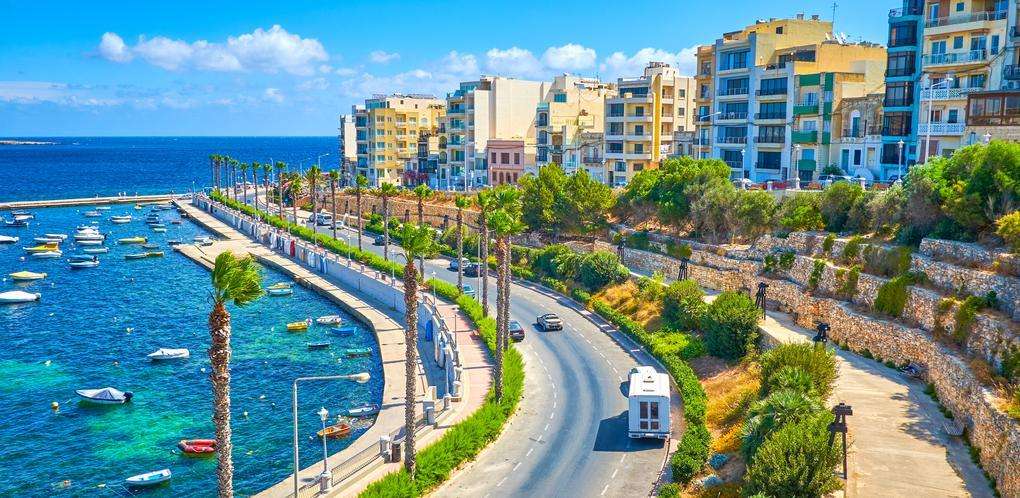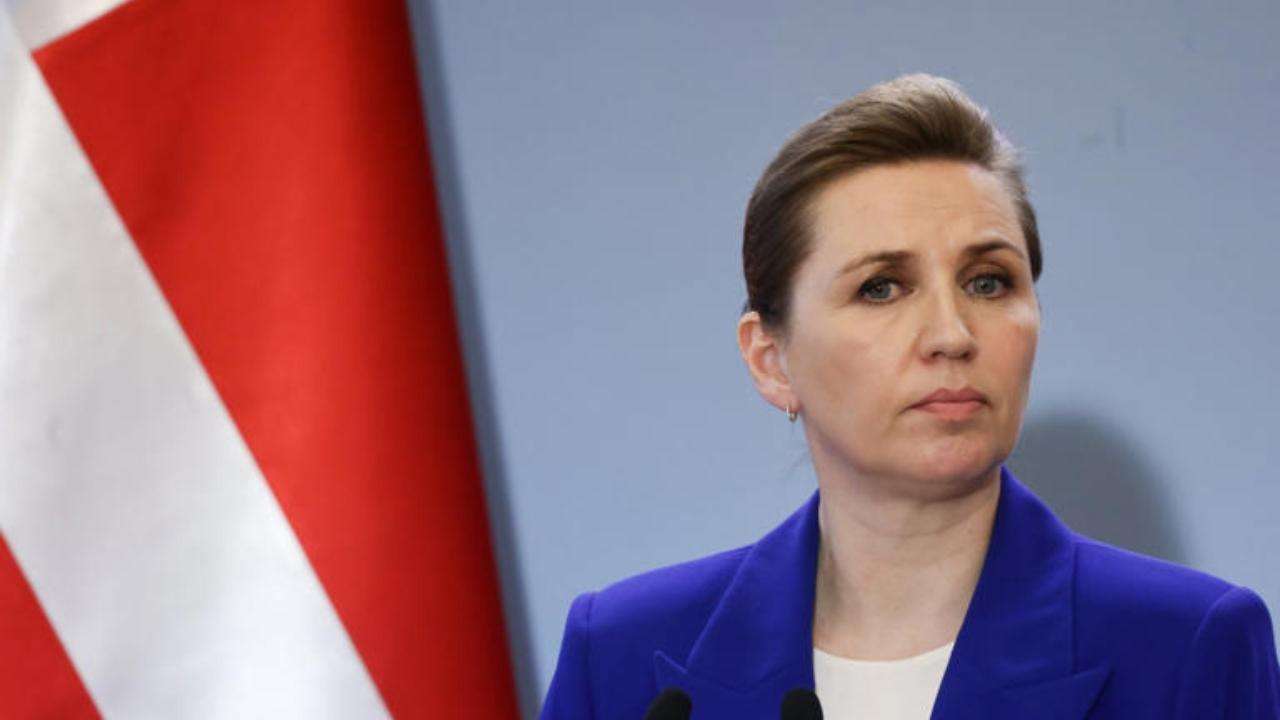This article explains why Malta is considered as one of the greatest countries in the world for foreign professionals and examines its reputation as a top choice for foreign nationals looking to obtain work permits. For a comprehensive overview, download our complimentary paper, "The World's 50 Best Work Visa Countries for Expats."
Malta's thriving economy, high standard of living, and friendly culture make it a desirable location for foreigners looking for work permits in Europe. Numerous career opportunities are available throughout the nation, particularly in the financial services, ICT, and iGaming industries. Malta offers a promising environment for living and working because of its pleasant climate, rich heritage, and welcoming expat community.
To work in Malta, individuals from non-EU/EEA countries or Switzerland must apply for a visa, even for stays of less than 90 days. Conversely, EU/EEA/Swiss citizens can work in Malta without a permit. Malta offers several types of work permits, including the Single Permit, Key Employee Initiative, and EU Blue Card, each with specific eligibility criteria. The application process requires submitting various documents such as a valid passport, work contract, CV, medical insurance, proof of accommodation, and flight itinerary. The steps include applying for a Malta national visa for employment, obtaining an Interim Receipt Card, and applying for a Single Permit.
English is one of Malta's official languages, making it an accessible destination for English-speaking expats. The widespread use of English in business, education, and daily life facilitates a smooth transition for newcomers. Additionally, Maltese, the other official language, is widely spoken and offers an enriching cultural experience for those interested in learning a new language.
Malta's education system is of high quality, with both public and private schools available. International schools in Malta provide a diverse and multicultural environment, offering curricula that cater to various educational needs, including the International Baccalaureate (IB) and British A-levels. Higher education institutions, such as the University of Malta, offer a range of undergraduate and postgraduate programs, attracting students and academics from around the world.
According to the World Bank, Malta's GDP growth rate was 6.9% in 2022, indicating an expanding economy. In 2023, Malta maintained a low unemployment rate of about 2.6%, signaling a strong job market that benefits both locals and expatriates. Its strategic location and status as a European Union (EU) member add to its economic attractiveness.
Malta offers favorable tax policies that make it an attractive destination for expatriates. The country has a progressive personal income tax system with rates ranging from 0% to 35%. While these rates are higher compared to tax-free zones like the UAE, they are competitive relative to other European countries. For instance, Germany has a top PIT rate of 45%, and Austria's is 55%.
Malta offers a high quality of life, featuring a pleasant Mediterranean climate and excellent healthcare. With a Human Development Index (HDI) score of 0.915 in 2022, it ranks among the top countries in the UNDP's HDI, positioning it under the ‘very high human development' category.
Malta is home to a diverse and growing expatriate community. Expatriates make up approximately 8.1% of Malta's population. Malta continues to draw skilled workers by providing diverse visa options, including the Single Permit for employment and the Blue Card for highly skilled professionals.
Overall Malta is an attractive destination for expats and ranks 6th on our list of the 50 Best Work Visa Countries for Expats in the World.








.svg)



_3.jpg)
_3.jpg)